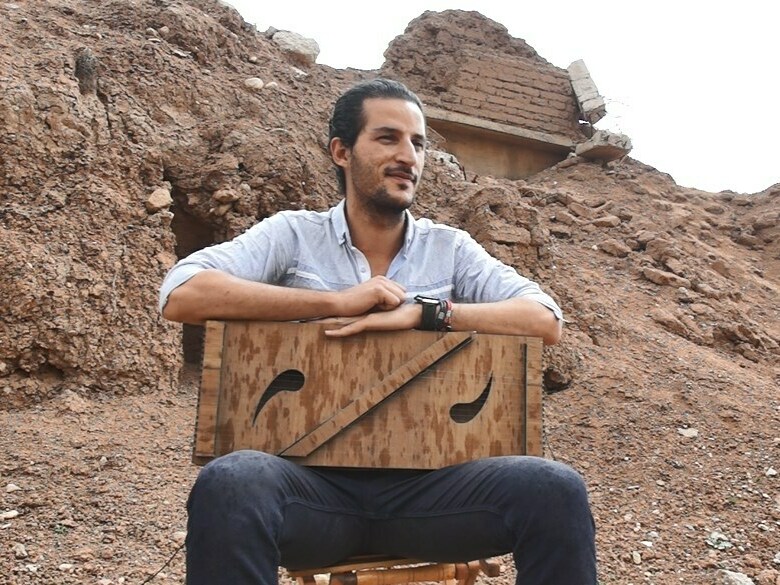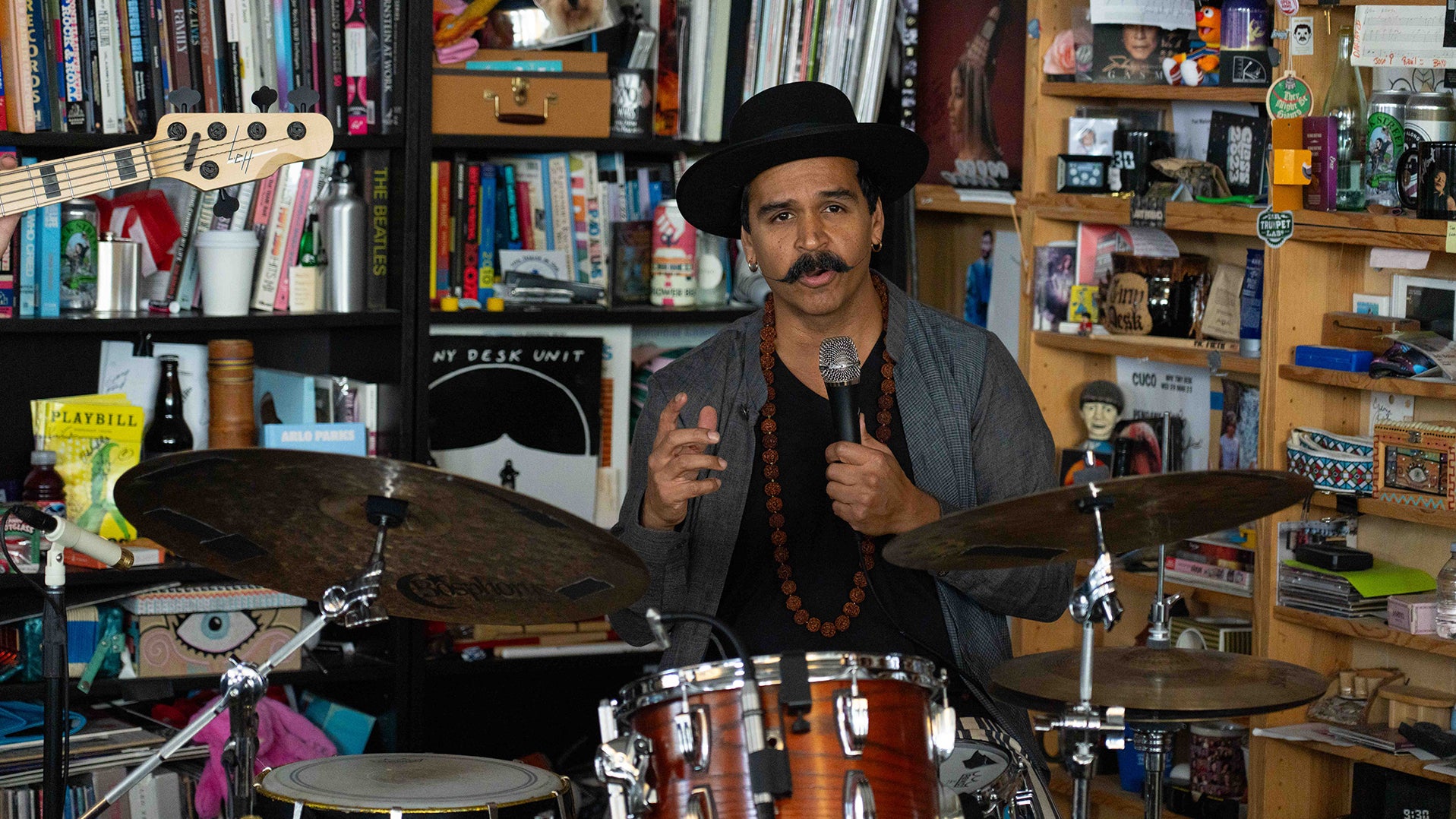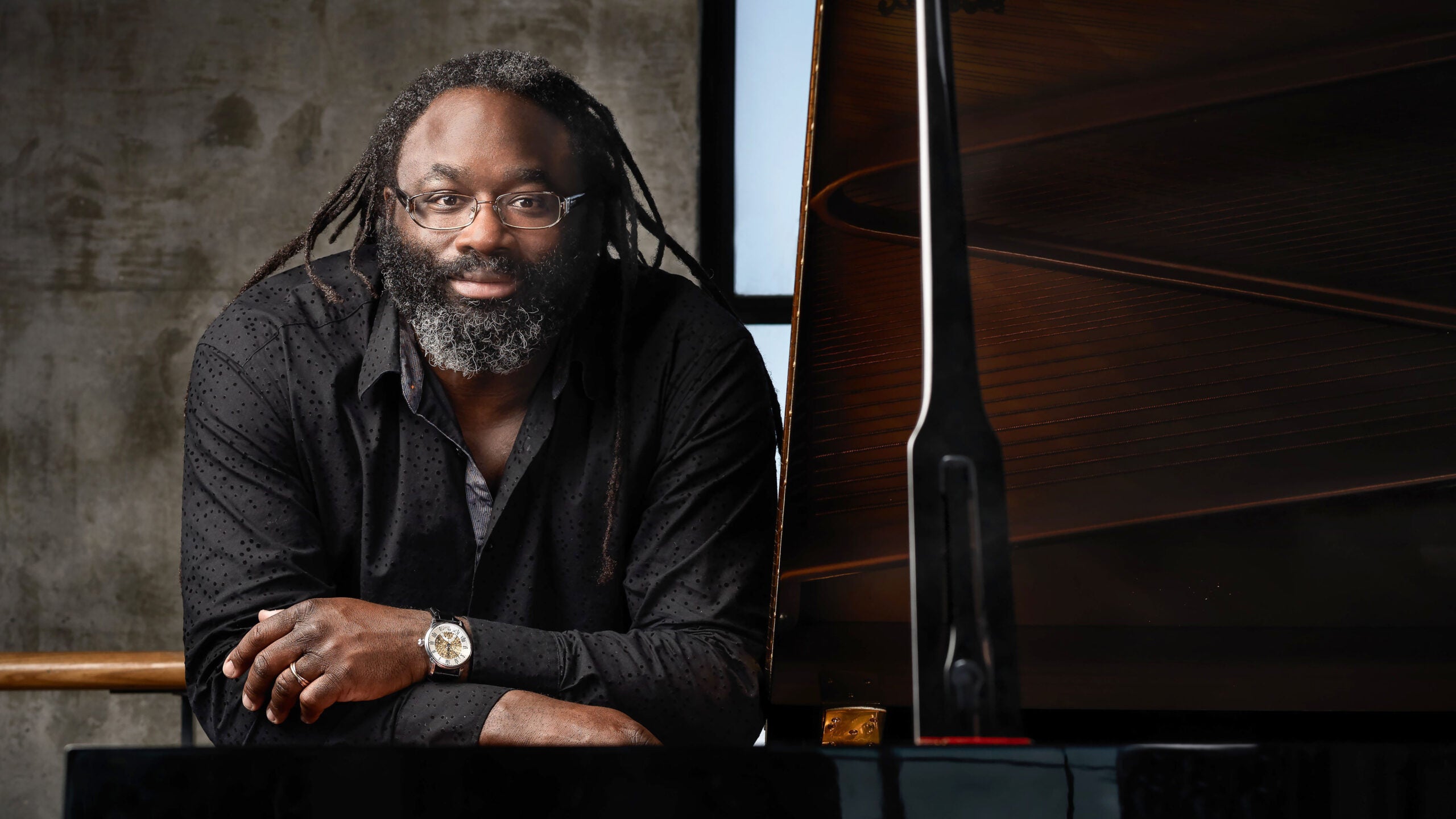Felix Mendelssohn is sometimes credited with re-introducing the music of Bach in the nineteenth century, thereby establishing the current practice of performing vintage music in concerts. A letter his father wrote to him from Berlin on March 10, 1835, mentions Mendelssohn’s teacher Carl Friedrich Zelter as an early advocate of Bach and describes a controversy that arose about new performances of old music:
Zelter was the first person on whom Bach’s light clearly dawned because he got to know the works through his activity as a music collector, and, as an artist, shared his knowledge with others. His musical performances on Fridays were a proof that no work begun in earnest and carried out with quiet persistence, can ultimately fail to achieve success. No doubt, had it not been for Zelter, your own musical inclinations would have been completely different.
Your plan to restore Handel to his original form has prompted me to think about his later style of instrumentation. The question comes up from time to time as to whether Handel, if he had written today, would have used all the existing musical options when he composed his oratorios, which really means: would Handel as we know him assume the same form now that he did a hundred years ago, and the answer to the question is obvious.
Stay informed on the latest news
Sign up for WPR’s email newsletter.
But the question should be put in a different way: not whether Handel would compose his oratorios now as he did a century ago, but, instead, whether he would compose oratorios at all. The answer is no—not if they had to be written in the same style as those of today.
From what I’m saying you can imagine how eager I am and with what confidence I look forward to your own oratorio, which will, I believe, solve the problem of combining ancient ideas with modern resources.
A year later, Felix Mendelssohn’s first oratorio, St. Paul, received its first performance and has remained in the repertory ever since.
Wisconsin Public Radio, © Copyright 2024, Board of Regents of the University of Wisconsin System and Wisconsin Educational Communications Board.




